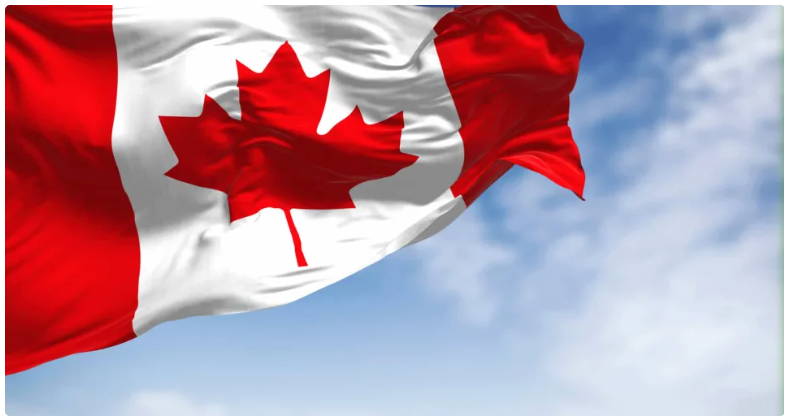The US President Donald Trump formally notified several governments of new tariff measures set to take effect on August 1, though Canada’s separate trade negotiation deadline remains scheduled for July 21.
Also Read: Safe investments for new investors
Trump announced that imports from Japan and South Korea would face a 25% tariff beginning next month, marking an escalation in the ongoing trade tensions initiated earlier this year. In total, 14 countries have received similar letters—including nations with smaller trading footprints with the U.S., such as Serbia, Thailand, and Tunisia.

The letters left the door open for further talks but also included stern warnings: any retaliatory tariffs would be matched in kind. “If you decide to raise tariffs, we’ll simply add that amount to the existing 25%,” Trump wrote in messages to the leaders of Japan and South Korea, shared via his Truth Social platform.
Also read: Long-term investing for beginners
The new tariffs are distinct from previously announced duties on specific sectors such as autos, steel, and aluminum. Additional tariff announcements followed, targeting several other countries: 25% on Tunisia, Malaysia, and Kazakhstan; 30% on South Africa and Bosnia; 32% on Indonesia; 35% on Bangladesh and Serbia; 36% on Cambodia and Thailand; and 40% on Laos and Myanmar.
While many countries faced steep penalties on Liberation Day, Canada was not subjected to new tariffs on April 2. That’s because Canada’s current negotiations with Washington are tied to an earlier round of tariffs issued three months ago, reducing the immediate urgency to strike a deal.
Instead, Prime Minister Mark Carney and President Trump agreed in March to develop a new security and economic framework. Progress on this initiative has continued since Carney’s White House visit in early May, with July 21 set as the target for finalizing the agreement.
Nonetheless, Canada has not been completely spared. The U.S. has already imposed 25% tariffs on Canadian exports linked to fentanyl production, along with a 10% duty on non-compliant energy and potash shipments. Additionally, tariffs on Canadian steel, aluminum, and vehicles remain in effect.
Though Canada isn’t facing new penalties this week, Trump’s sweeping tariff hikes on other nations could still ripple through global supply chains, potentially affecting Canadian businesses and consumers indirectly.
Sign Up For our Newsletters to get latest updates





